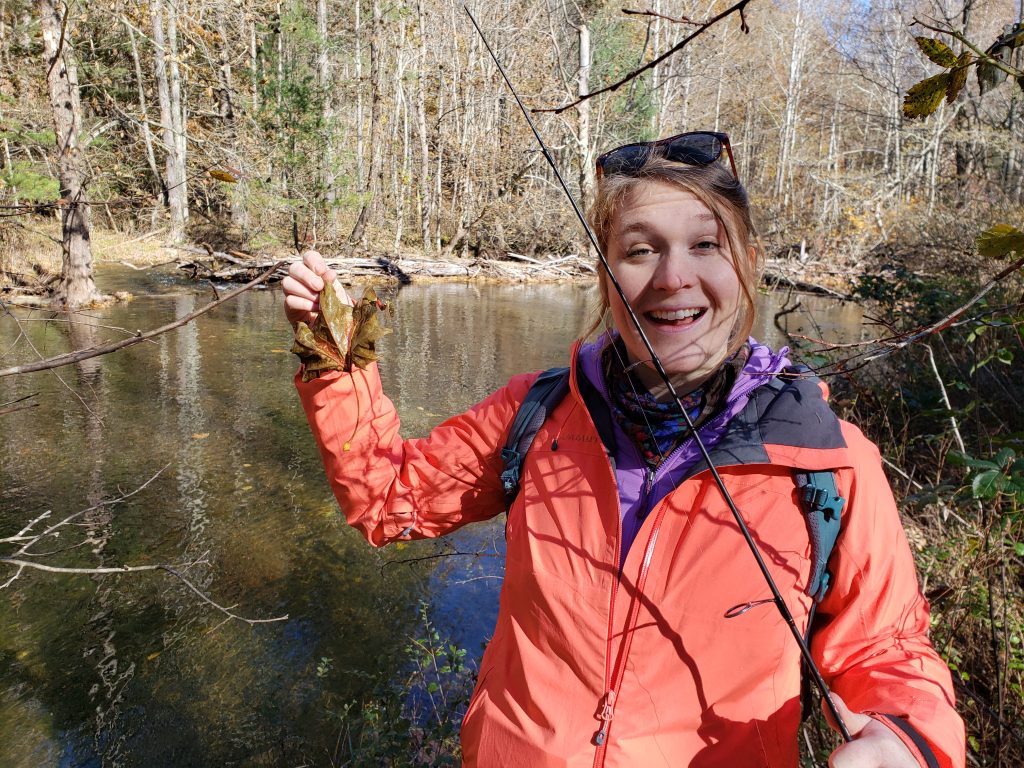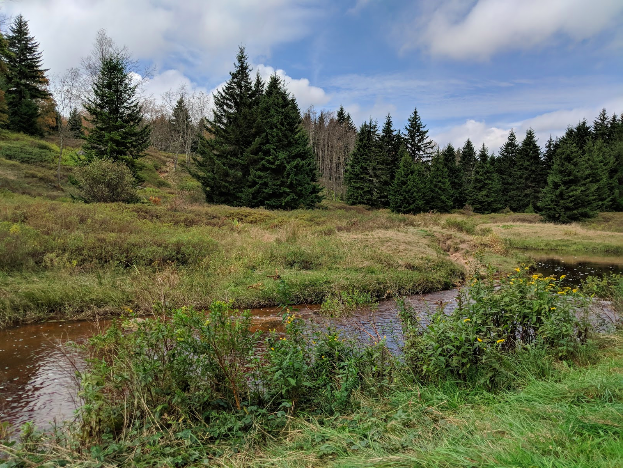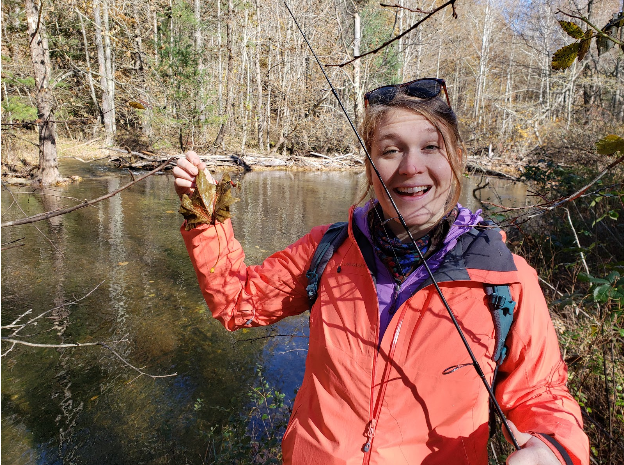
Elkins, West Virginia is not exactly a top destination for today’s young professionals. So why would any talented and enthusiastic young person want to move from Pittsburgh, Pennsylvania— a growing city, tech hub, and foodie destination—to Elkins?
Over the next year, I will explore this question by profiling Abby, someone who made such a move. I hope to understand Abby, and West Virginia, better through her experiences instead of the negative stereotypes often associated with the state. Even Abby had some preconceptions about West Virginia before her move. “I thought nobody used the internet after my apartment hunt. I found it in the classified ads of the local paper and had to make multiple trips to view and sign the lease in person. I also assumed that everyone was poor and would be feeling sorry for themselves,” she said. She was quick to note that though there are some run-down buildings, “everyone works so hard and takes pride in it. I didn’t realize exactly how doggone beautiful it would be!”
As a person who thrives around new people and places, Abby decided it was time to leave Pittsburgh. She chose to join AmeriCorps for a unique and meaningful experience. After sifting through the openings, applying, and interviewing, Abby accepted a position with the U.S. Fish and Wildlife Service and the Appalachian Forest Heritage Area (AFHA). In this position, her projects range from educating students about wetlands to combating invasive species (i.e. Japanese knotweed). All of these projects serve the similar purpose of working to conserve, protect, and enhance wildlife and their habitats for the benefit of the American people. To advance this mission, Abby spends a great deal of her time working with private landowners through the Partners for Fish and Wildlife Program to voluntarily restore fish and wildlife habitats on their land. One major effort that she is a part of is protecting the fragile brook trout habitat with tree plantings, livestock exclusion fencing, and educational efforts.

Conceived by the National and Community Service Trust Act of 1993 under President Clinton, AmeriCorps has been characterized as a domestic alternative to the Peace Corps. Since 1994, more than 800,000 volunteers have served in more than 15,000 locations nationwide with that number continuing to grow. AmeriCorps is comprised of three tracks: AmeriCorps National Civilian Corps (NCCC), AmeriCorps State and National, and AmeriCorps VISTA. NCCC seeks to develop young people (from ages 18-24) into leaders by engaging them in service projects. State and National is a wide network of projects which include initiatives in economic development, environmental stewardship, and beyond. VISTA volunteers serve in professional settings (e.g., grant writing, partnership building) in communities facing poverty, inequality, and unemployment.
Today West Virginia boasts the largest per-capita number of volunteers in the nation, with volunteers in all three AmeriCorps tracks placed in rural and urban communities. Abby’s interest in West Virginia grew thanks to AmeriCorps, which she views as making a positive impact on communities while providing her professional development opportunities. As Abby’s story develops, this detail will be interesting to follow. Will AmeriCorps prove to be a positive experience? How will it shape her perception of West Virginia?
Stories like Abby’s are important because they show that Appalachia is more than just a stereotype of poverty and lack of opportunity. In fact, Abby demonstrates that the state offers opportunity and promise. Over the next year, I will check in with Abby three times to see how she likes her new life. Along the way, I will share more information about Elkins and AmeriCorps.
If you have served in AmeriCorps and would like to share your experience and be featured in a future story, email Annie at annie@expatalachians.com.
Interested in seeing what Abby is discovering in Elkins (and beyond)? follow her on Instagram where she shares photos and information about local plants, animals, fungi, insects, and more at @fatcatapillar.
Subscribe to The Patch, our newsletter, to stay up-to-date with new Expatalachians articles and news from around Appalachia.



